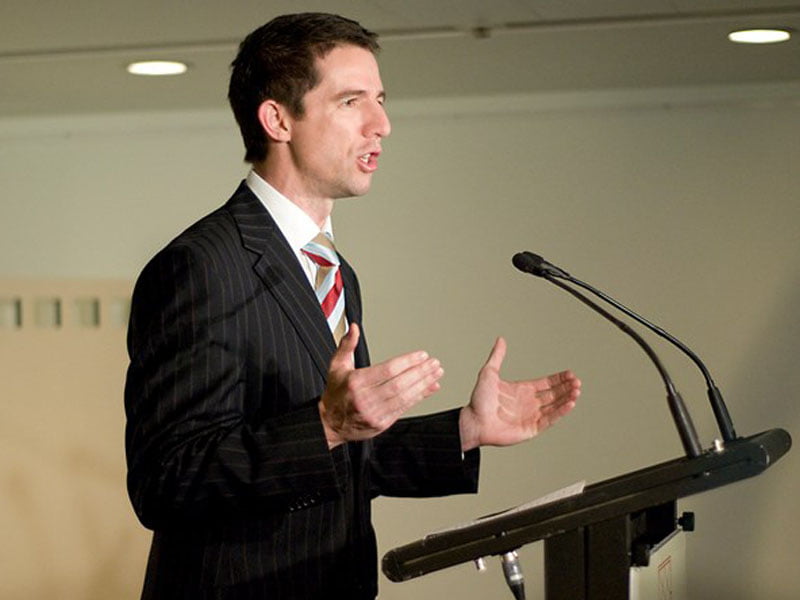Education ministers have endorsed a national approach to improving both the teaching and take-up of science, technology, engineering and maths subjects at Australian schools.
The commitment is more philosophical than practical at this point, with the Commonwealth agreeing to work with state and territory ministers to implement the key goals agreed in the National STEM Schools Education Strategy that came out of COAG’s education Council of Ministers.
The announcement by Education Minister Simon Birmingham effectively harmonises the relationship on STEM issues between the Australian Government and the states.

It also acknowledges that the states and territories had been pressing ahead with a STEM focus long before new Federal leadership made its commitments in last week’s National Innovation and Science Agenda.
It’s about as close to a mea culpa as you would hear from a newly-appointed Education Minister.
The national strategy sets clear goals and includes five areas for action:
- Increasing student STEM ability, engagement, participation and aspiration.
- Increasing teacher capacity and STEM teaching quality.
- Supporting STEM education opportunities within school systems.
- Facilitating effective partnerships with tertiary education providers, business and industry.
- Building a strong evidence base.
These are the areas where there is now vigorous agreement between the levels of government.
“We need to do more and we need to do it differently to encourage more young students to engage with science, technology, engineering and maths subjects,” Senator Birmingham said in a statement on Friday.
“Three-quarters of the fastest-growing occupations in Australia require skills in science, engineering, technology and mathematics,” he said.
“We need more school students to be studying maths, science and information technology so they can develop the skills they will increasingly need by the time they complete school and are looking to next step into higher education or the workforce.”
New South Wales education minister Adrian Piccoli said the national strategy would build on work already done by the states in improving STEM teaching in Australian schools.
“STEM is on the radar internationally as the key to unlocking innovation potential – it’s seen as a critical pathway to securing Australia’s future,” Mr Piccoli said.
“The NSW Government wants to see improved participation and achievement in maths and science, and we know that teachers must be supported in developing the confidence and skills to help deliver this.”
Meanwhile Queensland Premier Annastacia Palaszczuk said the STEM issue had been an important agenda item at Malcolm Turnbull’s first Council of Australian Governments (COAG) meeting in Canberra last week.
“I think we all recognise that we need to diversify our economy and we know that innovation is going to lead to the jobs of the future and we had a good discussion as well about the importance of STEM, coding, robotics, all of these areas must be addressed in our education system if we are going to prepare our young people for these jobs of the future,” Ms Palaszczuk said.
Do you know more? Contact James Riley via Email.

